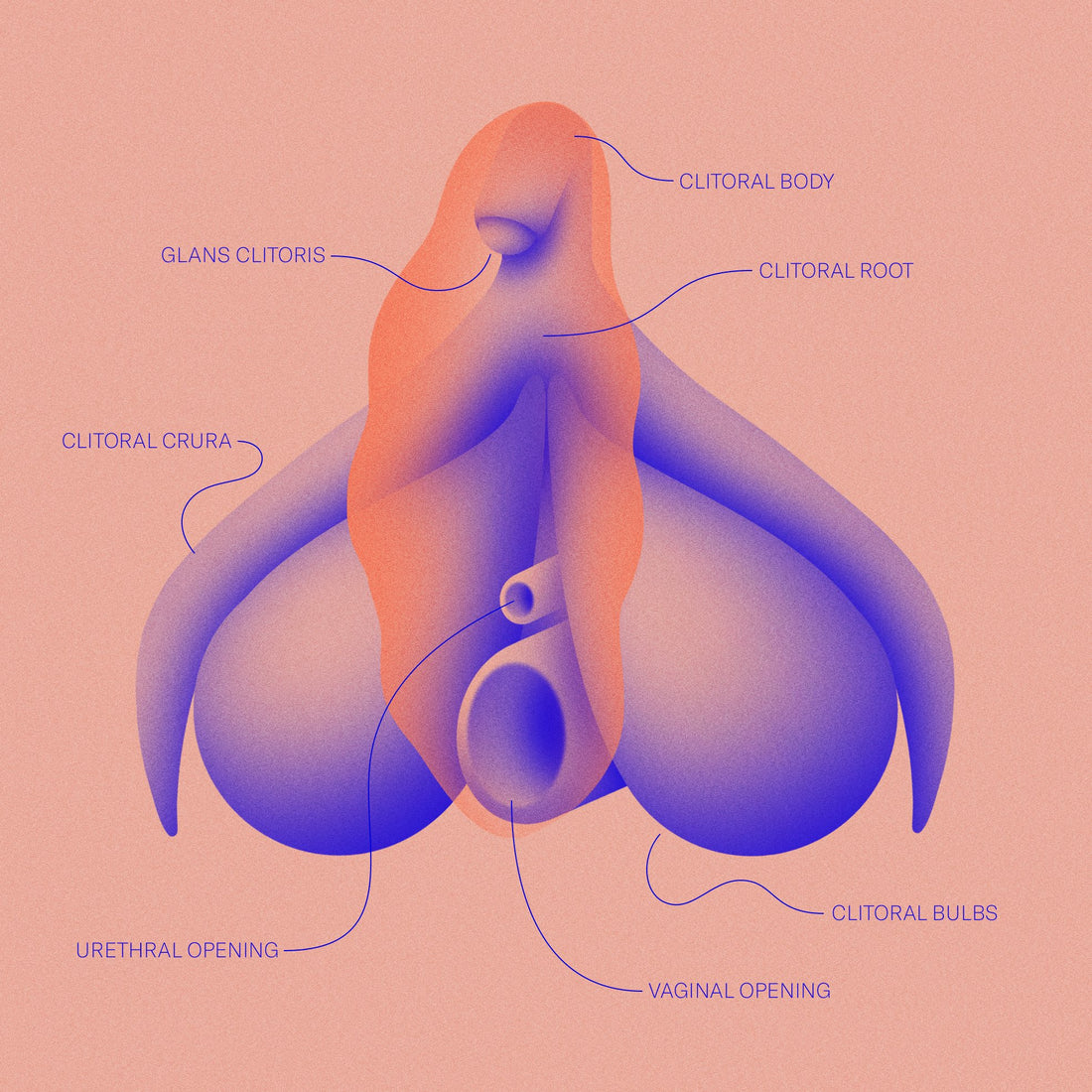This article originally appeared in the New York Times.
As a product designer, Janet Lieberman often finds flaws in everyday tech devices. This was particularly true when it came to vibrators, which she would spend hours shopping for on Amazon.
“I had always bought cheap vibrators and my bedside drawer was a graveyard for them,” said Ms. Lieberman, 31, who lives in Brooklyn and studied mechanical engineering at the Massachusetts Institute of Technology. “You could replace the batteries but they still would stop working.”
After splurging on a pricey vibrator for a boyfriend’s birthday that also quickly died, she had an aha moment. “I realized there was a need for well-engineered sex toys,” she said. “There’s no real trusted brand and that’s what we’re setting out to be.”
“I was living in my grandmother’s pool house at the time,” Ms. Fine, 29, said. She had just graduated from Columbia, where she got a master’s degree in clinical psychology “with a focus on marriage counseling and sex therapy,” she said.
After dozens of prototypes, they came up with their design: an egg-shaped vibrator made of medical-grade silicone that attaches to a woman’s nether region by means of two wings. Not only can the device be operated hands-free, it is also designed in a way that does not interfere with a couple’s intimacy.
“We wanted to stimulate women with something nonobtrusive so you can look in your partner’s eyes,” Ms. Fine said.
They called the device Eva and after raising $575,000 on Indiegogo in 2014, they went to market in early 2015. To date, they have sold over 65,000 units at $105 a pop.
Eva, which is manufactured by Dame Products, is among a recent surge of products that embraces feminism as part of its marketing. Like the “period-proof” underwearbrand Thinx, it telegraphs a pro-women identity.

Alexandra Fine, far left, and her business partner, Janet Lieberman, have sold more than 65,000 Eva vibrators at $105 each.
“Our continuing mission: to design well-engineered sex toys, to heighten intimacy, and to openly empower the sexual experiences of womankind,” reads the company’s website. The message is amplified through Dame’s Instagram account, filled with posts like a pink neon sign that reads “My Body My Business.”
The founders also have the lingo down. “Our mission is to close the pleasure gap,” Ms. Fine said during a recent tour of the company’s office in Greenpoint, Brooklyn. “We want to fight any inequality between the sexes, but especially when it comes to sexual practices. We want women to claim their sexual pleasure and own it.”
Kristina Monllos, a reporter at Adweek who covers marketing innovation and consumer trends, said that Eva and Thinx appeal to millennial consumers who want ethically and socially-minded products developed for their generation.
“Young people across the gender spectrum are creating brands that live up to and express their own political ideals,” Ms. Monllos said. “We’re seeing this millennial version now where it’s a very stylized aesthetic coupled with these feminist, pro-women ideals.”
Ms. Lieberman and Ms. Fine are hoping that their cheerily designed vibrators will help sex toys shed some of their seedier connotations.
“We fall into this really weird space between gag gift, pornography, medical device, health and wellness device and tech gadget,” Ms. Lieberman said. “We hope to change that.”

























